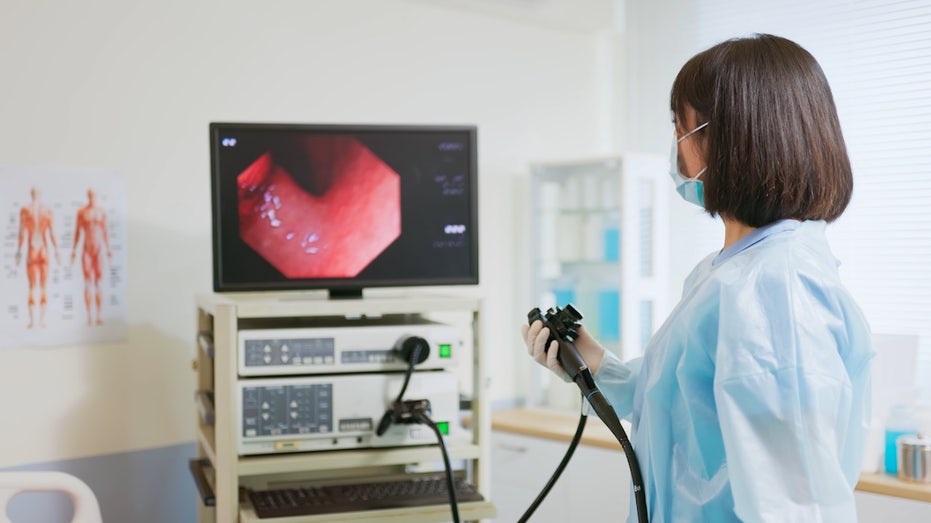NEWYou can now listen to Fox News articles!
The benefits of artificial intelligence (AI) in the medical space are ever-growing, but evidence suggests it can also come with risks.
A new study by European researchers investigated how AI can change the behavior of endoscopists when conducting a colonoscopy, and how their performance dips when not using AI.
The research followed clinicians at four endoscopy centers in Poland participating in the ACCEPT (Artificial Intelligence in Colonoscopy for Cancer Prevention) trial, where AI tools for polyp detection were introduced at the end of 2021.
FDA APPROVES FIRST AI TOOL TO PREDICT BREAST CANCER RISK
Colonoscopies at these centers were randomly selected to be administered with or without AI assistance.
The researchers gauged the quality of the colonoscopies by comparing the identification of tumors (also known as the adenoma detection rate, or ADR) three months before and three months after implementing the AI.
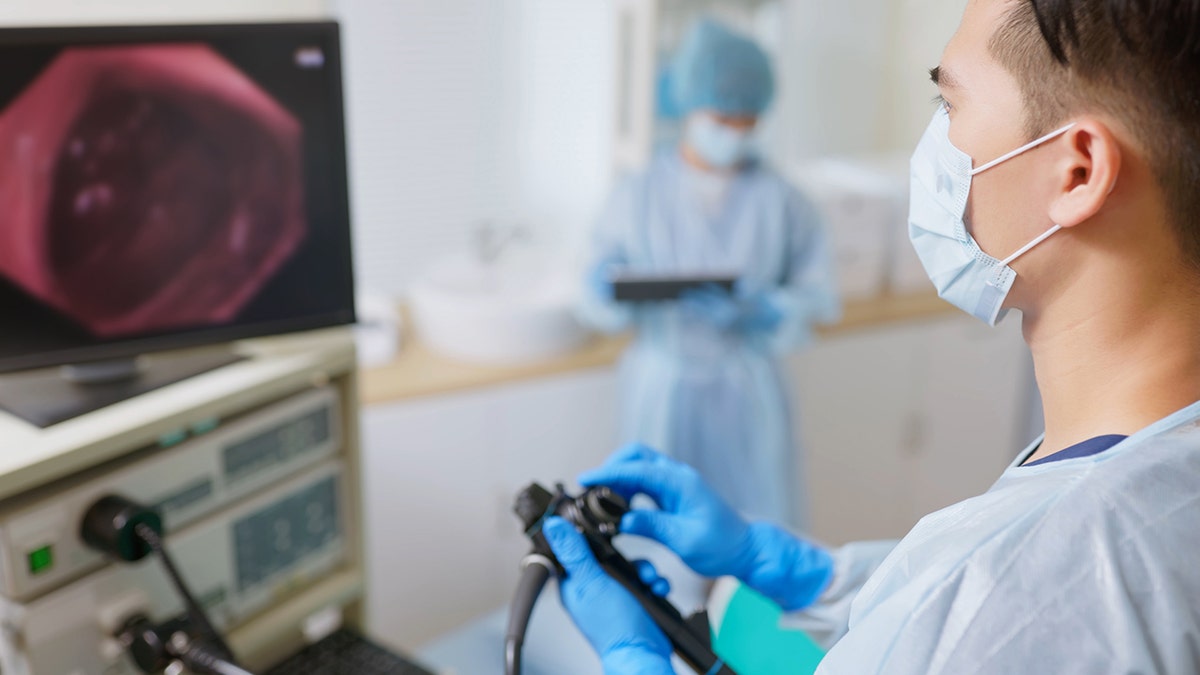
From September 2021 to March 2022, 1,443 patients underwent non-AI-assisted colonoscopies before and after the introduction of AI.
The study found that the tumor detection rate decreased “significantly,” going from 28.4% before AI exposure to 22.4% after AI exposure.
The findings were published in the journal Lancet Gastroenterology and Hepatology.
COLORECTAL CANCER DIAGNOSES SOAR AMONG YOUNGER ADULTS FOR ONE KEY REASON
Per the researchers’ analysis, exposure to AI, patient gender and age were “independent factors” associated with the tumor identification rate.
The researchers concluded that “continuous exposure to AI might reduce the ADR of standard non-AI-assisted colonoscopy, suggesting a negative effect on endoscopist behavior.”
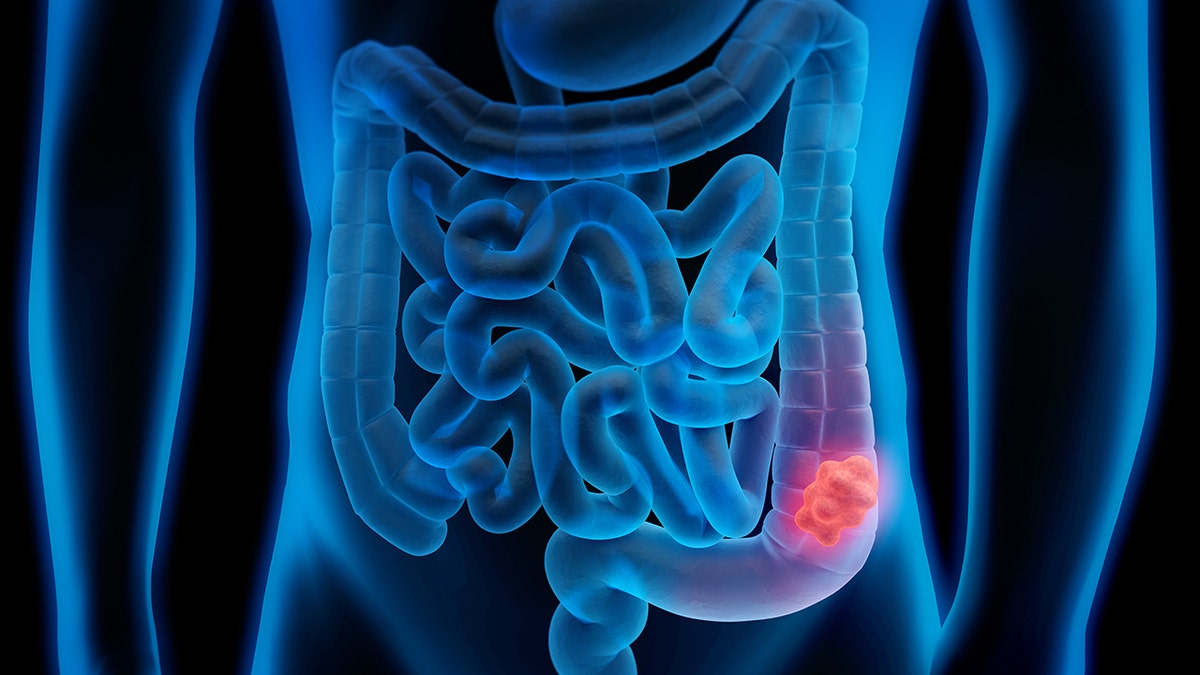
Study authors Krzysztof Budzyń, Marcin Romańczyk and Yuichi Mori reflected on these findings with Fox News Digital, adding that even “highly experienced” endoscopists were affected by the presence of AI.
The researchers noted that both the size and consistency of AI impact were “unexpected,” adding that the “significant decline was more than we imagined.”
COLORECTAL CANCER MAY CAUSE THESE 4 HIDDEN WARNING SIGNS, EXPERTS SAY
“It was also surprising that the effect was stronger in centers with higher baseline detection and in certain groups,” they said. “This shows the influence of AI is not random, but varies by context.”
“We also thought experienced clinicians would be more resistant, but they showed declines, too. This made the results both striking and concerning.”
“For now, the best approach is to treat AI as an assistant, not a replacement.”
The team said the takeaway of these findings is that AI “should be integrated thoughtfully into everyday practice.”
“Clinicians should remain aware of the risk of over-reliance on AI and continue to stay fully engaged during procedures,” they advised. “Training should also include guidance on how to use AI effectively while preserving core skills.”
“For now, the best approach is to treat AI as an assistant, not a replacement, with the human operator remaining central to high-quality care.”
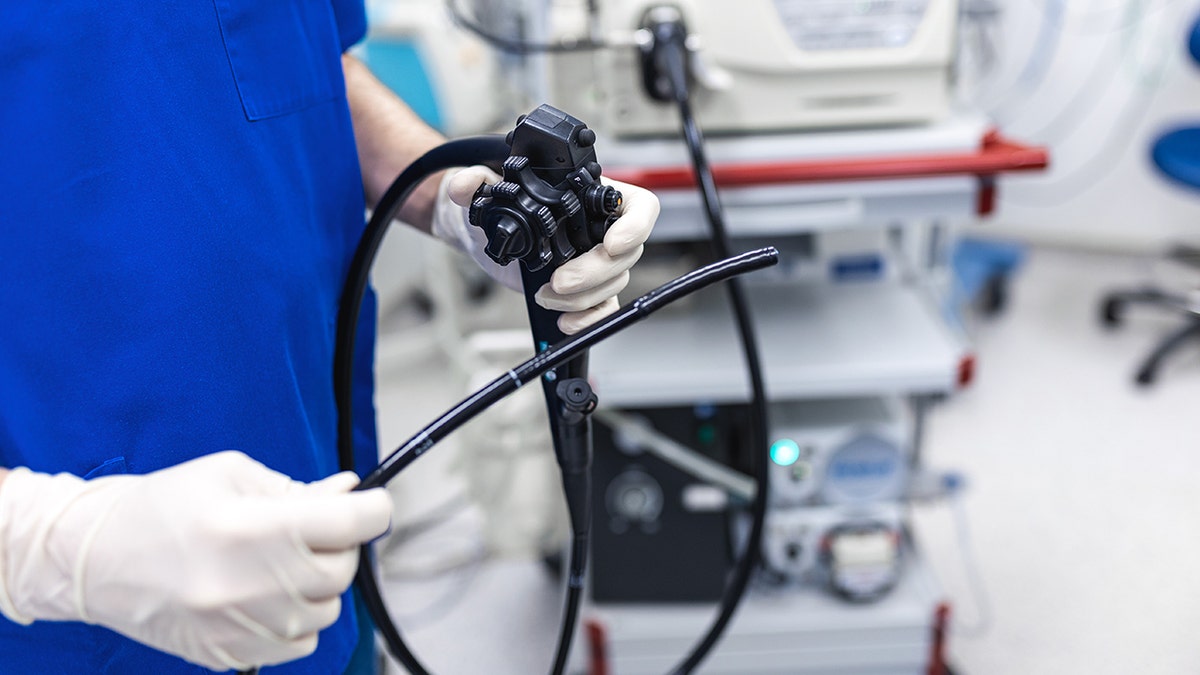
Harvey Castro, M.D., an emergency physician and specialist in AI and healthcare based in Texas, said he considers this study an “important piece of work.”
“This study highlights a paradox in medicine: Artificial intelligence can help us detect cancer, but it may also weaken the doctor’s own ability to see what matters when the tool is not available,” he said in an interview with Fox News Digital.
CLICK HERE TO GET THE FOX NEWS APP
Castro emphasized that even a 1% change can affect colon cancer survival for “thousands of patients,” which makes the 6% drop in detection rates significant.
“Even small changes in adenoma detection can shift cancer outcomes,” he said. “A reduction of a few percentage points is meaningful at a population level.”
The expert recommends integrating AI “wisely” instead of avoiding it all together.
CLICK HERE TO SIGN UP FOR OUR HEALTH NEWSLETTER
“As a physician futurist, I believe artificial intelligence is one of the most powerful tools we have for improving detection and saving lives,” Castro said. “At the same time, this study reminds us of a simple truth: Medicine is still a human profession. The doctor’s eye, judgment and pattern recognition remain irreplaceable.”
Castro commented that the right path forward with AI in medicine is balance, designing it to strengthen clinicians instead of weakening.
“That requires training, oversight and intentional design,” he said. “The best future is one where technology and humanity work side-by-side, doctor plus machine, ensuring patients get the safest and most effective care possible.”
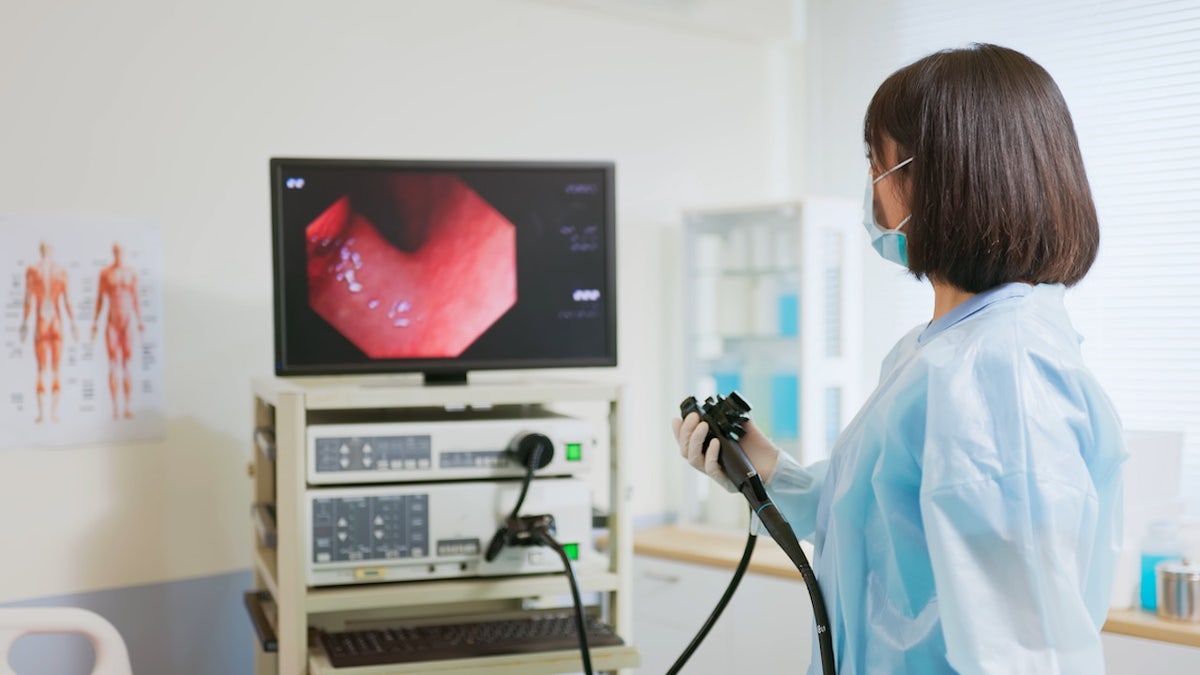
In a separate interview with Fox News Digital, Paul E. Oberstein, M.D., medical oncologist and assistant director of the Pancreatic Cancer Center at NYU Langone Perlmutter Cancer Center, called this study “very important,” demonstrating the possibility that some gastroenterologists have become “less proficient” in polyps detection.
“The best future is one where technology and humanity work side by side.”
“This finding confirms the suspicion that AI use may alter the skills of physicians in ways that we cannot quantify, and this risk needs to be considered when using new technology,” he said.
“It was a relatively small study in one setting, so I’d recommend further validation, but these findings raise important questions about how to measure the impact of AI on human skills and expertise in medicine.”
For more Health articles, visit www.foxnews.com/health
Although AI can be beneficial for analysis and detection, Oberstein said he believes it has the potential to de-skill physicians based on this research, similarly to how reliance on GPS has changed the ability to independently navigate direction when driving.
“However, it is notable that there is very significant variation among physicians and centers, highlighting the need to evaluate why some physicians are more impacted than others by this effect,” he added.
Health News Today on Fox News
Read the full article .

